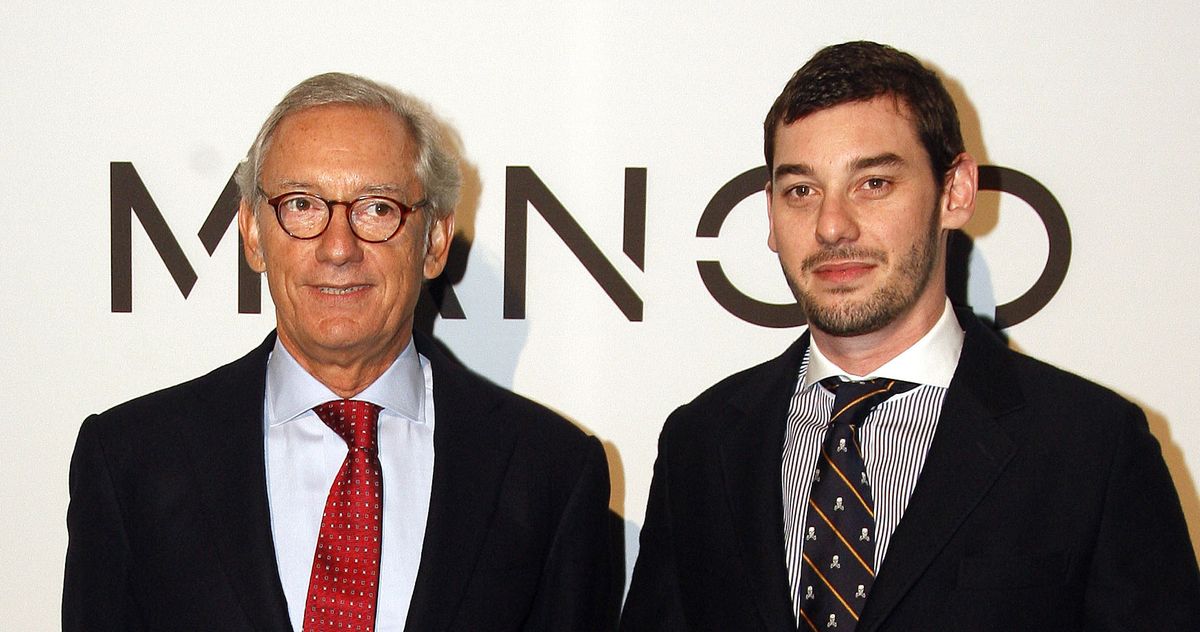Trump's Bold Promise: Could Weight-Loss Drugs Really Drop to $150?

Imagine losing weight without breaking the bank. That dream might be closer than you think! Recently, President Donald Trump hinted that the price of popular weight-loss medications could plummet to an astonishing $150 a month, igniting hope among countless Americans struggling with obesity.
Janet McCaskill, a grandmother from North Carolina, was on vacation in Arizona when she heard Trump's comments. Having lost 100 pounds thanks to GLP-1 medicines like Ozempic, she exclaimed, “The thought of it going to $150 a month is dramatic. That is most fantastic – if it comes to pass.”
This revelation came during an Oval Office news conference where Trump initially discussed in vitro fertilization drugs. However, the weight-loss drug price cut quickly stole the spotlight. Trump’s remarks sent ripples through the healthcare community, sparking excitement among patients and doctors alike, who labeled it “huge for patients.” Yet, skeptics reminded us that prices don’t change overnight.
As a clear sign that investors took the announcement seriously, shares of Novo Nordisk and Eli Lilly—makers of GLP-1 medications—fell sharply, erasing billions from their market valuations. This reaction underscores the uncertainty surrounding the feasibility of Trump's bold claim.
During his announcement, Trump lamented the price disparity between the US and countries like England, where a medication can cost ten times less. “In London, you’d buy a certain drug for $130 … and in New York, you pay $1,300 for the same thing,” he remarked. A question was raised about whether he was referencing weight-loss drugs, and Trump confirmed he was, leading to a noticeably uncomfortable reaction from Dr. Mehmet Oz, the Medicare and Medicaid Administrator.
Oz quickly clarified that price negotiations were still pending, stating, “We have not negotiated those yet,” and warned that nothing was finalized. Following the announcement, Novo Nordisk and Eli Lilly saw their stocks drop approximately 4% in after-hours trading, reflecting investor concerns about potential price cuts. Health analysts have pointed out that Trump’s statements might be more about posturing than actual price commitments.
Historically, the price of GLP-1 medications in the US has been exorbitantly high, often exceeding $1,000 a month. Insurance can help, but many patients still face significant out-of-pocket costs. McCaskill has navigated these challenges, initially using Mounjaro before switching to a compounded version when her insurance wouldn’t cover it. She now pays about $500 a month for Zepbound through a discount program, while her friend Kay Powell has managed to find a compounded version for just $150.
Despite the glimmers of hope that Trump's announcement sparked, skepticism lingers in the healthcare community. Experts like Dr. William Feldman from UCLA stress the need for clarity regarding the $150 price point and whether it will indeed materialize. The reality remains that many patients still find current prices unaffordable, and until drastic changes happen, the dream of accessible weight-loss medications might remain just that—a dream.




























